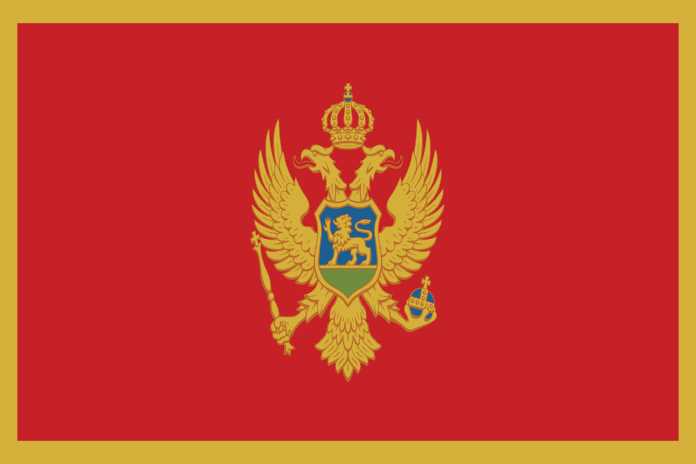Western Balkan Shoppers Unite in Boycott Against Retailers Over Price Hikes
Deserted supermarket on Friday, January 31, Osijek, eastern Croatia. Photo: V.Tesija/BIRN
A consumer boycott targeting retail chains due to rising prices, initiated last Friday in Croatia, has now gained traction across the region this Friday, leading shoppers to avoid stores in Serbia, Bosnia and Herzegovina, Montenegro, and North Macedonia.
In Croatia, a nationwide boycott of all retailers was organized on Friday by the Facebook group Halo Inspector, which is supported by the European Center for Consumer Excellence, an NGO.
According to the Croatian Tax Administration, the total amount of invoices issued by 3 p.m. on Friday was down by 31 percent compared to Friday, January 17, when no boycott took place.
Josip Kelemen, an adviser for Halo Inspector, urged Croatian shoppers to “pause all purchases” on Friday, affecting not just retail stores but also banks, telecommunications, and delivery orders.
“We need to deliver a clear message to those responsible for these price hikes. We also want to call out the banks. Avoid banking services, as they are complicit in the price increases,” Kelemen stated.
In Serbia, the consumer rights organization Efektiva implored shoppers to specifically boycott five major supermarket chains. “Steer clear of these five tomorrow. Opt for alternative stores, whether it’s a small shop or a market. You can manage this for one day!” the group announced on social media.
During BIRN’s visit to various supermarkets in Serbia on Friday, there were noticeably fewer shoppers, although some were still making purchases.
The Serbian retail sector is highly concentrated, with research from the Republic Institute of Statistics indicating that the top three supermarket chains dominate with a 48.9 percent market share.
Following Croatia’s lead, citizens in Bosnia and Herzegovina also participated in the boycott, though media reports suggested it had less impact compared to the neighboring country, as shoppers still frequented stores.
Amina, who works at a tobacco and newspaper shop in Sarajevo, remarked to BIRN that Friday’s traffic was only half of the usual volume on a typical working day.
“Even our regular customers, who come for their newspapers every morning, were absent today,” she mentioned, adding that in her seven years at the shop, “this is the first time we might have to return newspapers.”
In the Montenegrin capital, Podgorica, staff members at supermarkets informed BIRN that their sales had dropped by approximately 30 to 50 percent.
The Alternative Montenegro party, a significant proponent of the boycott, announced that this initiative marks just the beginning. “This is the dawn of a new era where citizens’ voices will be heard, and where they can determine their own future,” the party declared.
Supermarkets in North Macedonia also anticipated a decrease in foot traffic. The local Consumers Association backed the boycott efforts, and both ruling VMRO DPMNE and the opposition Social Democratic parties expressed support for demands for lower prices.
“As a discount store chain, offering lower, consumer-friendly prices is core to our brand. Nevertheless, we are experiencing a dip in customer turnout today,” a store manager in Skopje shared with BIRN on the condition of anonymity.
“Prices have surged drastically for essential items like milk, bread, flour, and detergent. This situation is outrageous!” a woman exclaimed outside a supermarket in Skopje to BIRN.


